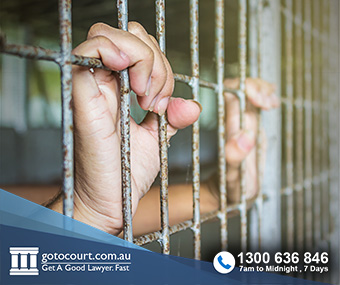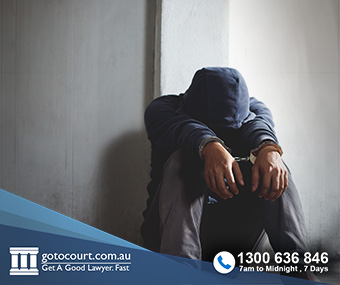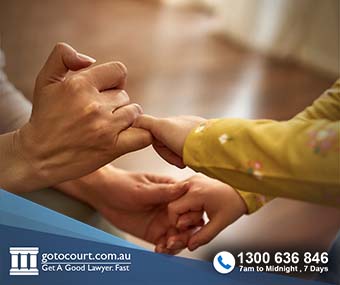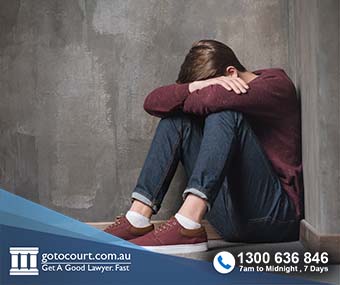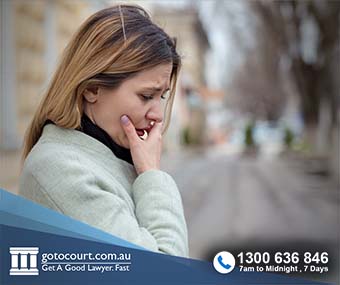Homelessness and the Law (NT)
The Northern Territory has by far the highest rate of homelessness of any Australian jurisdiction. According to the 2016 census, 13,717 people in the NT are currently homeless. While the national rate of homelessness is 50 homeless people in every 10,000 Australians, in the NT the figure is 730 per 10,000 Territorians.
The reasons for homelessness are complex and varied and often include involvement in the criminal justice system, either as a victim or an offender.
What is homelessness?
There is no universally accepted definition of homelessness. Homelessness may mean sleeping rough, not having access to adequate accommodation, couch-surfing or living in an overcrowded home. Homeless people may be living in temporary accommodation, in supported housing for the homeless, in the street or in vehicles.
People in the NT become homeless for many reasons, including a lack of available public or affordable housing, mental health and substance abuse issues, unemployment, discrimination and lack of support. One of the most common causes of homelessness in the NT is domestic violence.
There is an equal number of men and women who are homeless in the NT and children below the age of twelve are the most highly represented age demographic among the homeless population.
Homelessness and criminal law
There are many ways that a person’s homelessness may bring them into contact with the criminal justice system. Some criminal offences are more likely to be committed by homeless people, such as trespass and public disorder offences. Conversely, homeless people are more likely to become victims of criminal offences, such as personal violence offences and sexual assaults.
Trespass
The Trespass Act 1987 makes it an offence to trespass in a range of circumstances. It is common for homeless people to be charged with these offences.
Section 6 of the Trespass Act makes it an offence to trespass on prohibited land, such as government buildings and their surrounds. Homeless people may fall foul of this provision if they are sleeping rough in an area that is prohibited land.
Section 7 of the act makes it an offence to trespass after a direction to leave by an occupier or a member of the police force. This offence is commonly charged against people perceived to be ‘loitering’ in a public place, such as Casuarina Shopping Centre, who fail to leave or who come back after being told to ‘move on’ by police.
Offensive behaviour in public
Section 47 of the Summary Offences Act 1923 makes it an offence to engage in riotous, offensive, disorderly or indecent behaviour, or fighting, or using obscene language, in or within the hearing or view of any person in any road, street, thoroughfare or public place. This offence is punishable with a fine of $2000 or imprisonment for six months, or both. Homelessness makes people more likely to be charged with this offence than other members of the community particularly if the person is sleeping rough, as all of their behaviour occurs in public view, including drinking, sleeping and getting changed.
Protective custody
While not an offence, being found drunk in a public place and placed into protective custody is also common for homeless people who are sleeping rough. When a person is placed in protective custody, they are held at a police station or taken to another safe place, such as a sobering up shelter, until they are sober enough to be released without posing a danger to themselves or others.
There are also numerous ways that a person’s involvement in the criminal justice system can be affected by their status as a homeless person or can lead to them becoming homeless.
Bail
When a person charged with criminal offences applies for bail, they must generally supply the court with an address where they are proposing to live whilst on bail. If a person does not have a fixed address, they may be refused bail.
When a person becomes homeless whilst they are on bail, this may affect their ability to comply with bail conditions. It may also mean that they have difficulty attending court on the next occasion they are required to do so.
Release from prison
A person may become homeless upon their release from prison. This may be because they have lost their accommodation whilst in prison or because they are not welcome back where they were living prior to their sentence. In many cases, this will increase their likelihood of reoffending and coming back into the criminal justice system and the prison system.
Giving evidence
Where a person is required to give evidence in a court proceeding but does not have a fixed address, it can be very hard for the party wishing to summons them to do so. This may mean that criminal offences go unprosecuted where the only witnesses are homeless people or that a person’s defence fails because witnesses who are homeless cannot be located.
Homelessness and civil law
Homeless people are also likely to experience civil law issues as a result of their homelessness. These may include being a victim of crime or having contact with the child protection system.
Victims of crime assistance
Homeless people who become the victims of violent offences may be eligible for Victims of Crime Assistance if their injuries meet the compensable threshold. Homeless people may have difficulty accessing legal services and may be unaware of the Victims of Crime Assistance scheme. This may mean that applications need to be made after the time limit has elapsed on the basis of the applicant’s homelessness.
Child protection
Children whose parents are experiencing homelessness may become the subject of Child Protection proceedings. Where Territory Families is of the view that a child is at risk of harm from which their parents cannot or will not protect them, it may apply for a short term or a long-term Protection Order. Alternately, Territory Families may offer support and assistance to families experiencing homelessness, such as helping them to find accommodation.
If you require legal advice in any legal matter please contact Go To Court Lawyers.


